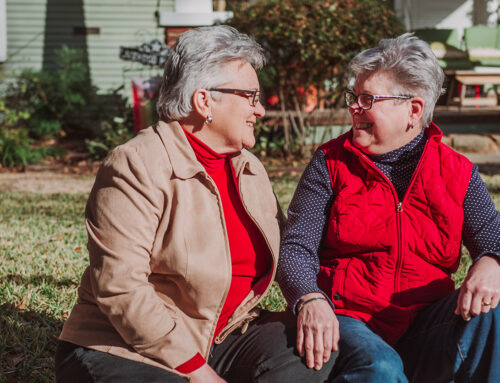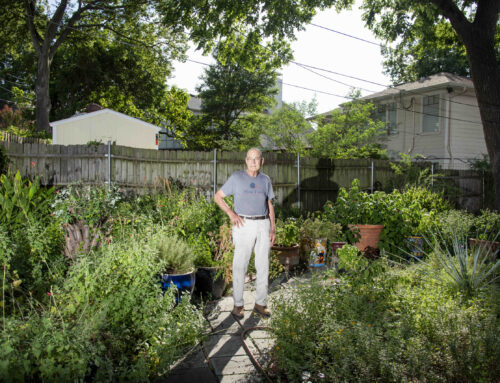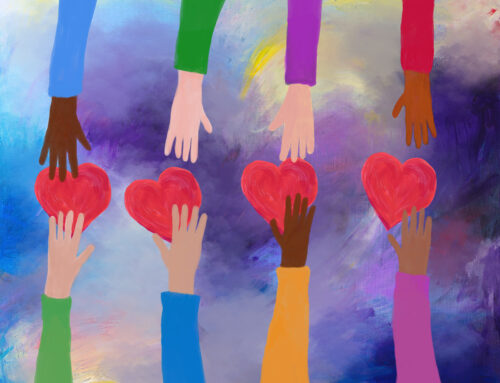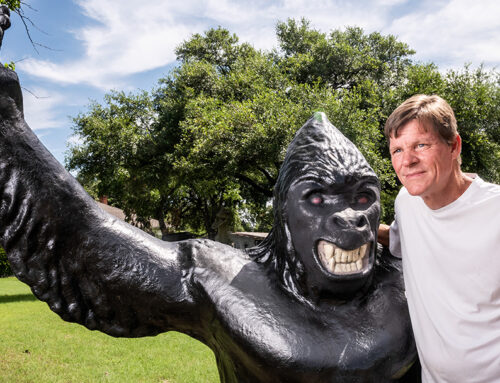We were driving by a burning home in the middle of nowhere the other day, and my five-year-old son observed the smoking blaze with horror. “Did a plane crash into their house, and that’s why it’s burning?” my son asked. No, I said, there was no plane crash. “Was it a missile from the war in Kosovo?” No, I said, we were nowhere near Kosovo. “Was it a bomb?” he tried again. No, I don’t think it was. “Was it a cigarette?” he guessed. “Did some mean person drop a burning cigarette in the house?” Maybe that was it, I agreed, growing weary of a discussion that could have no answer. Or maybe, I suggested, no one did anything wrong, and it was just bad luck that the house caught fire. “No, it must have been a cigarette,” he finally decided, moving on to other topics and seeming pleased that blame for the fire had finally been assigned. My children don’t really watch much television news (we don’t let them), and they aren’t all that excited about reading newspapers or magazines yet. We don’t take them to gory movies, and we don’t allow them to play bloody video games. But despite our better efforts, the world’s woes still creep into their lives. And it’s disturbing to see how hard their little minds work to assign blame when something goes wrong. We live in a world where finding fault seems almost an obligatory part of daily life. If something bad happens, then by golly, someone deserves to pay for that mistake — if not in a courtroom, then perhaps in a comedy monologue. If kids don’t learn, it must be the educator’s fault. If innocent people are shot, it must be the gun manufacturer’s fault. If the economy is bad, it must be the politician’s fault.
If only life were as simple as we try so hard to make it. If only there was an obvious answer to all of those “somebody done somebody wrong” issues.
But there isn’t. And there won’t be. And if there was, I’m not too sure we’d like the answer. Not too long ago, I was involved in a discussion that suddenly and surprisingly turned racist. Now, I could have said something to put a stop to the discussion, but I didn’t. And months later, it still bothers me. On that day, in that instant, and among that particular group of people, I had an opportunity to make a difference, to perhaps keep something bad from happening sometime in the future by letting a loudmouth know that his opinions were clearly wrong and unacceptable.
But I didn’t. For some reason, I just couldn’t. And now that I think about it a little more, maybe it was Hollywood’s fault that I didn’t. Or my parents’ fault. Or my former teachers’. Or . . .





